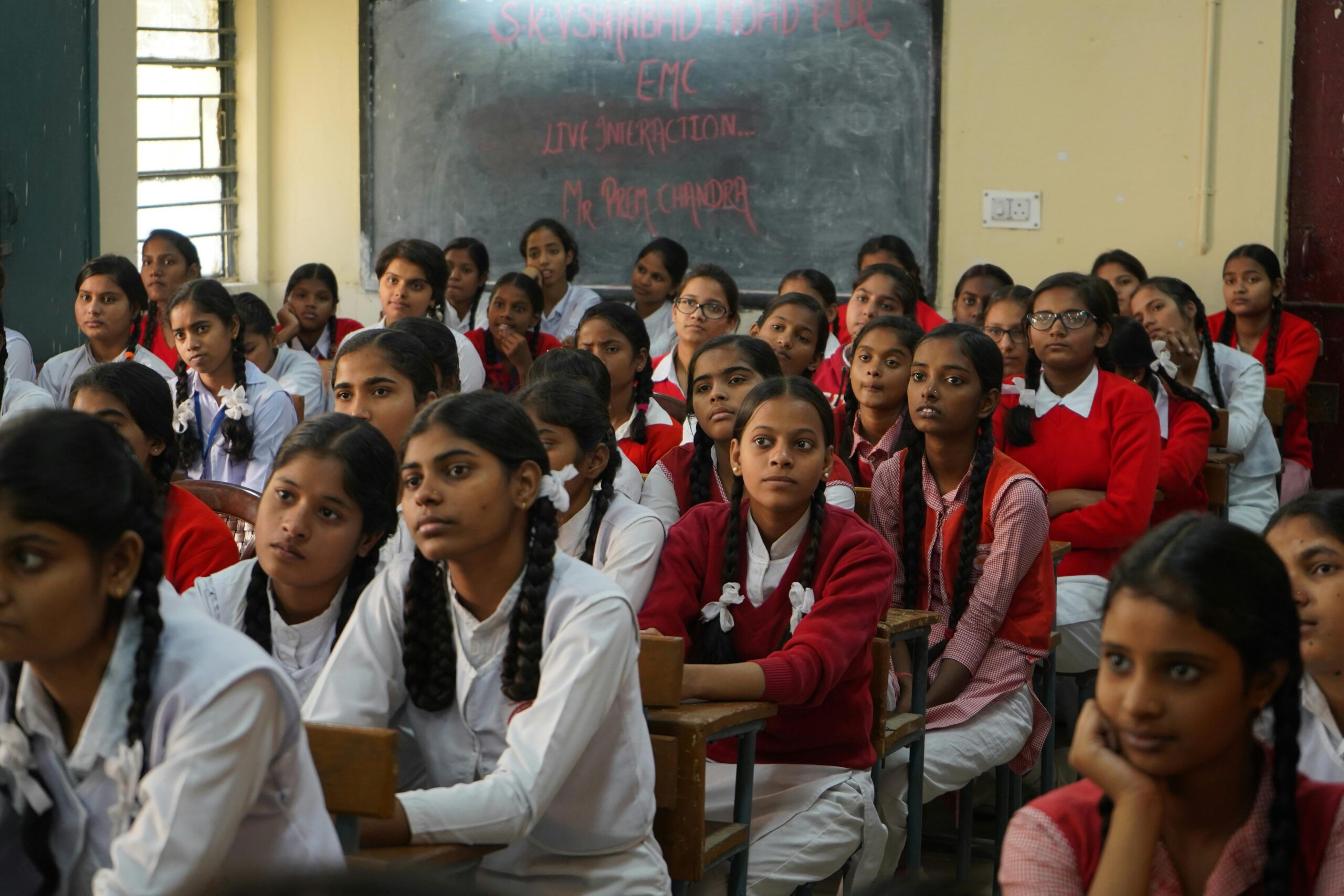
Emergence of Practical Skills in Indian Education: A Necessity Beyond Tradition
- admin
- September 16, 2025
- Development, Government
- 0 Comments
In recent years, a seismic shift has been observed in the Indian education system, moving from rote learning to an emphasis on practical skills. This change is not merely a trend but a necessary evolution to align with global educational standards and the ever-changing demands of the workforce.
Historically, Indian education has been heavily weighted towards theoretical knowledge, often at the expense of real-world applicability. However, the winds of change are palpable, driven by an increasing number of voices from within the country and recommendations from international bodies. According to a recent report by the National Skill Development Corporation (NSDC), an estimated 54% of India’s population needs to be skilled, re-skilled, or upskilled to meet the job demands of the future.
This pivot towards practical skills is evident in the revamped curricula across schools and universities. For instance, the National Education Policy (NEP) 2020 emphasizes “experiential learning” through internships, vocational training, and hands-on projects, starting as early as school level. The policy aims to integrate career-based training within academic frameworks, a move that promises to prepare students not just for exams, but for life.
Critics of the traditional education system argue that the previous model of memorizing information for high-stakes tests does little to prepare students for the complexities of the real world. In contrast, the NEP’s approach is designed to build problem-solving skills, critical thinking, and adaptability, aligning more closely with the needs of industries that value innovation and practical knowledge.
Moreover, the focus on practical skills is not limited to mainstream education alone. Technical education, including polytechnics and ITIs (Industrial Training Institutes), has received a substantial boost. Government initiatives like the Skill India Mission aim to train over 400 million people in various skills by 2022. These programs underscore the country’s commitment to not just higher education but also to vocational training, which is often overshadowed by the glamor of academic degrees.
Despite the positive strides, challenges remain. Implementing these changes requires not only curriculum adjustments but also a transformation in teaching methodologies and infrastructure, particularly in rural and underprivileged areas. Additionally, there is a cultural barrier to overcome, with vocational training traditionally seen as less prestigious than academic paths.
Nevertheless, the shift towards practical skills in education is a critical step for India. It serves as a bridge between the traditional emphasis on theoretical knowledge and the demands of a modern economy, fostering a workforce that is not only well-educated but also well-prepared to tackle the challenges of tomorrow’s job market.
As India continues to develop and integrate into the global economy, the emphasis on practical skills in education is not just beneficial but essential. The move promises to equip the next generation with the tools they need to innovate, adapt, and excel in a competitive world.


